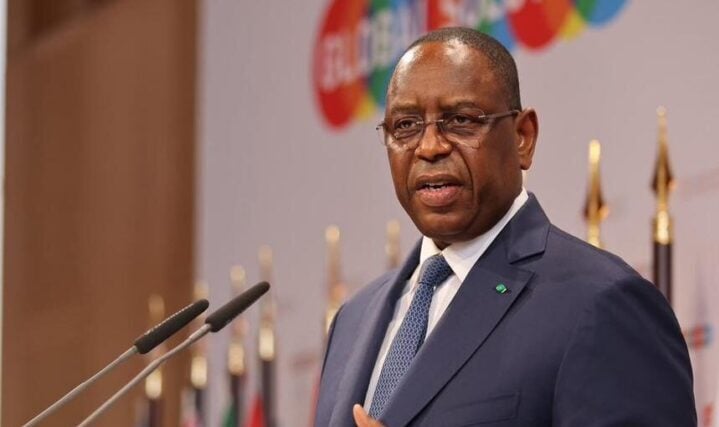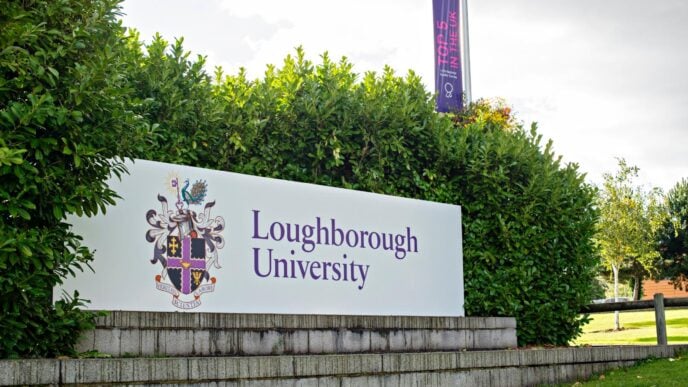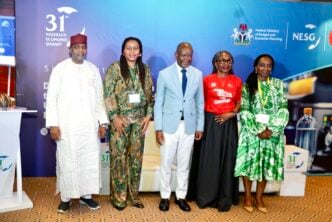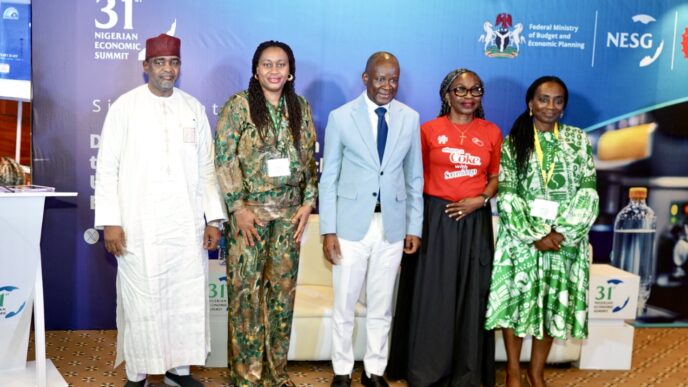In 2024, former Senegalese President Macky Sall set a precedent for French West Africa when he stepped aside after a successful second term, marked by economic growth and political stability, and supported the transition to new leadership. This was important as Senegal has always positioned itself as a champion of democracy and political stability. Since then, Sall has assumed a new role as an elder statesman, fostering Pan-African cooperation and promoting progressive governance through mediation via his non-profit, the Macky Sall Foundation.
Macky Sall has also championed scholarship as a necessary aspect of leadership, supporting public intellectualism and exemplifying this in 2009 with his first book ‘Senegal at Heart (Senegal au cœur)’, an autobiographical memoir that detailed his journey into politics, his political mandate and his manifesto for Senegal. His latest book, ‘Africa: Leading From the Heart’ (L’Afrique au cœur), published in 2025, revisits this idea of scholarship as a tenet of governance, expanding his focus from Senegal to the continent.
‘Africa: Leading From the Heart (L’Afrique au cœur)’ codifies his perspective, sharing valuable insights from his time in office and championing Pan-African cooperation through roles such as his tenure as president-in-office of the African Union. It also expands on his thoughts about the continent’s current predicament and outlines his ideas for socio-political disruption.
In the book, he contextualises Africa’s struggle for Independence from colonial rule, its growing pains as a free continent and the structural inadequacies that have hindered its development. He acknowledges the significant leaps in progress that African countries have made since Independence, positing this as a counter to the stereotypical narratives that frame Africa as a ‘continent of problems’. He highlights recent developments, such as the success of the recently implemented African Continental Free Trade Area agreement (AfCFTA), as a move towards economic integration for the continent. He argues that with levers like this, the continent can accelerate growth while maintaining regional sovereignty.
He also acknowledges that representation will not be handed to Africa; Africa must earn it by investing in its people and tackling internal challenges, such as corruption, disease, and poverty. He asks that Africa prove itself a strategic player in global politics and a driving force in global transformation.
Sall praises the inclusion of African countries in the G20 with cautious optimism, suggesting that a seat at the table would allow African countries to advocate for causes peculiar to the continent. However, he also strongly opposes continued Western interference through financial and political controls. He urges extensive reforms of world governance structures, including key institutions such as the G7 and G20, the IMF and the World Bank, NATO, and the United Nations, in ways that level the playing field and welcome recentered conversations around global equity.
Of particular interest to Sall is Africa’s resources, which have been the source of contention for decades. The conversation around resources has been exacerbated by climate change, and he decries the pressure directed at Africa to model climate action. At the same time, the West continues to generate the most pollution, with few consequences. Sall believes that Africa already models sustainability and should be allowed to decide how it contributes to climate action without compromising ongoing development.
An unwavering advocate for youth empowerment, in ‘Africa; Leading from the Heart (L’Afrique au cœur)’, Sall praises the youth movements that have advocated for change and highlights the soft power wielded by the continent’s creative industries. He also highlights the contributions of women to leadership and governance and insists on better representation for women and other minorities in governance. He encourages African leaders to identify these movements and support them through proactive policies that democratise access to education and knowledge, and support entrepreneurs with resources and favourable policies. He argues that with the right levers, governments can harness the potential of these movements and industries as catalysts of change.
With ‘Africa; Leading From the Heart (L’Afrique au cœur)’, Sall positions himself as a global icon for a New Africa, and a staunch supporter of progressive leadership. He continues the tradition of political scholarship from French West Africa, much of which has shaped the African collective consciousness and advanced political awareness. It is essential reading for anyone who keenly follows the continent, and especially for those who hope to shape its future.












